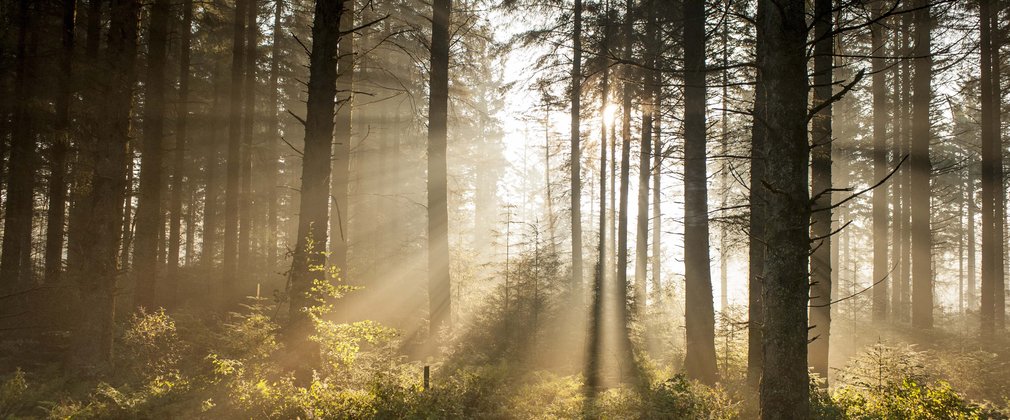
September 1st marks 100 years since the passing of the Forestry Act and the creation of the Forestry Commission.
Amid the climate crisis, increasing demands for timber and the urgent need to protect wildlife, England’s trees and woodlands have never been so important.
Our forests provide habitats for birds and butterflies, wood for our homes, and jobs in rural economies. They help to prevent flooding and soil erosion, provide us with oxygen to breathe, places for sports and recreation, and sanctuary from the stresses of modern life.
Forests are essential to the world around us, our health and wellbeing, and our future.
The history
100 years ago, our landscapes looked very different. The nation’s tree cover had experienced a steady decline since the Middle-Ages, and the strain of the First World War left our woodlands in a state of disrepair.
With only five percent of the UK left covered by trees, an urgent solution was required. It arrived in the shape of the Forestry Act, passed on 1st September 1919, and the formation of the Forestry Commission.
By Christmas of the same year, the first trees were in the ground, turning the tide for post-war woodlands and paving the way for the future of forestry in Britain.
Over the past century, the Commission has increased England’s tree cover to more than ten percent, and evolved from focusing on production to encouraging wildlife and public access, carrying out research, and influencing forestry policy.
Evolution and adaptation
In its early years, the organisation was given freedom to acquire land and plant new forests. Hundreds of thousands of acres were planted, but there were more turbulent times ahead.
The outbreak of war brought another surge in demand for timber, devastating forests including the Forest of Dean and New Forest. But again the Commission responded by drawing up plans for more forests, and planting more trees.
Technologies improved dramatically after the Second World War, alongside a growing awareness of forests for wildlife and recreation.
The Commission’s research division, established decades before, developed into the world-class operation it is today. Its work continues to influence forestry and land management policies around the world.
Forestry today
In recent times, the needs of society and the world around us changed. Environmental concerns emerged at the forefront of forest management, which spurred a huge investment by the Commission for wildlife conservation and the restoration of landscapes.
As well as increasing tree cover, the Forestry Commission is planting a greater diversity of species to help protect our landscapes from climate change, pests and diseases. It is also carrying out tree planting trials to see how different species fair in diverse climatic conditions.
A growth in forests for leisure and tourism has led to the development of new walking and mountain biking trails, live music events, cabin stays, wildlife walks and other activities.
As well as being the country’s largest landowner, the Forestry Commission is the biggest single provider of outdoor recreation in England, with over 230 million visits each year.
100th anniversary and beyond
This year, the Forestry Commission has been marking its centenary by inspiring people to connect with trees and woodlands to help protect them for generations to come.
A programme of events and activities has included the Big Forest Find, the largest ever survey of forest wildlife, an artistic film about sustainable timber production, new works by sculptor Rachel Whiteread and poet laureate Carol Ann Duffy, and a forest stamp collection released by Royal Mail.
A running series has been encouraging people to get active in the forest, a show garden at RHS Chelsea Flower Show explored climate change and tree health, while a book on British forests tells the Forestry Commission story from 1919 to the present day.
The scope of activities this year reflects the nature of the organisation. While it is marking its centenary by telling stories from the past, it has one eye firmly on the future, and the next 100 years.
Notes to editors
The Forestry Commission is the government department responsible for protecting, expanding and promoting the sustainable management of England’s woodlands. Forestry England and Forest Research are agencies of the Forestry Commission.
Forestry England - www.forestryengland.uk/100
Forestry Commission - www.gov.uk/forestrycommission
Forestry Research - www.forestresearch.gov.uk
